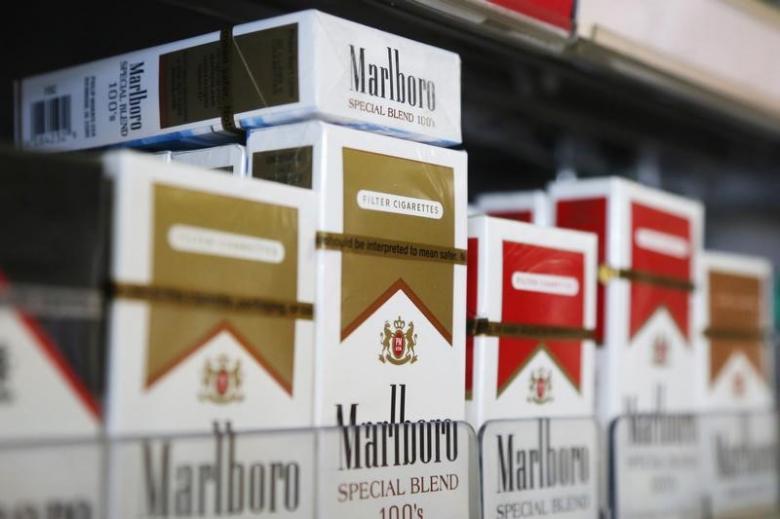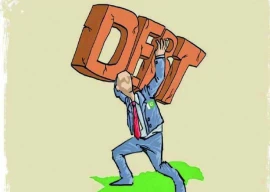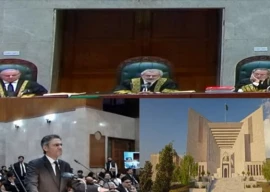
Philip Morris Pakistan Limited (PMPKL) underscored the urgency for immediate measures to tackle the escalating presence of low-priced non-tax-paid cigarettes, which has resulted in a loss of a level playing field and a significant decline in volumes within the legitimate tobacco sector.
In a media briefing to address the profound challenges gripping the tax-paid cigarette industry in Pakistan, Head of Communications at PMPKL Andleeb Uroos Ahmed highlighted an alarming 86% decrease in total income for the fiscal year 2023, shedding light on the detrimental impact of Federal Excise Duty (FED) hikes and the escalating market share of non-duty paid illicit cigarettes in the country.
Ahmed elaborated that substantial excise increases tend to inflate the prices of tax-paid cigarettes, further exacerbating the price gap as the tax-evading sector disregards these hikes.
This scenario has provided ample opportunity for numerous local illicit cigarette manufacturers, notably in Khyber Pakhtunkhwa (KPK) and Azad Jammu & Kashmir (AJ&K), to amass substantial market share while contributing minimally to national revenue.
Statistics unveiled during the briefing painted a stark picture of a massive surge in illegal cigarettes across Pakistan after the FED hike in February 2023, with illicit cigarettes now commanding a staggering 63% market share and causing an annual dent of approximately Rs310 billion to the exchequer.
While acknowledging government efforts such as the introduction of tax stamps (track & trace system) to combat illicit tobacco trade, she expressed deep concerns about the lack of across-the-board enforcement, allowing the non-tax-paying industry to flourish.
Stressing the critical need for decisive action to safeguard the interests of tax-paying entities and ensure sustainable revenue collection for the government, she suggested including tax-evading cigarette manufacturers in the tax net instead of burdening the legitimate industry with additional taxes.
Ahmed stressed that by curtailing tax evasion, FBR can potentially boost revenue collection from the tobacco sector by over 2 billion US dollars.
“The potential revenue, if realized, could significantly contribute to human development projects and public health initiatives in Pakistan, addressing critical areas where the country lags in human development rankings,” she added.
She said that various anti-tobacco organizations have been misguiding the government by spreading misinformation about the current and potential revenue collection from the legitimate tobacco industry, unknowingly forwarding the agenda of the illicit tobacco sector.
Uroos cautioned that the hike in taxes, coupled with inadequate enforcement, would hurt government revenue and public health objectives, as further taxes will push the consumers to move to illicit cigarettes, decreasing the market share and revenue collection from legitimate cigarette manufacturers.
She hoped concerted efforts between the industry and government could effectively tackle these challenges and ensure a level playing field for all stakeholders.


















1714561293-0/Pirerce-Brosnan-(1)1714561293-0-270x192.webp)

1714560418-0/Mark-and-kelly-(1)1714560418-0-270x192.webp)

-(1)1714560049-0/Untitled-(1)-(1)1714560049-0-270x192.webp)









1714370039-0/ojwilson-(1)1714370039-0-270x192.webp)
-(1)1714458896-0/ASP-(2)-(1)1714458896-0-270x192.webp)

-(1)1714463604-0/Untitled-design-(4)-(1)1714463604-0-270x192.webp)








COMMENTS
Comments are moderated and generally will be posted if they are on-topic and not abusive.
For more information, please see our Comments FAQ